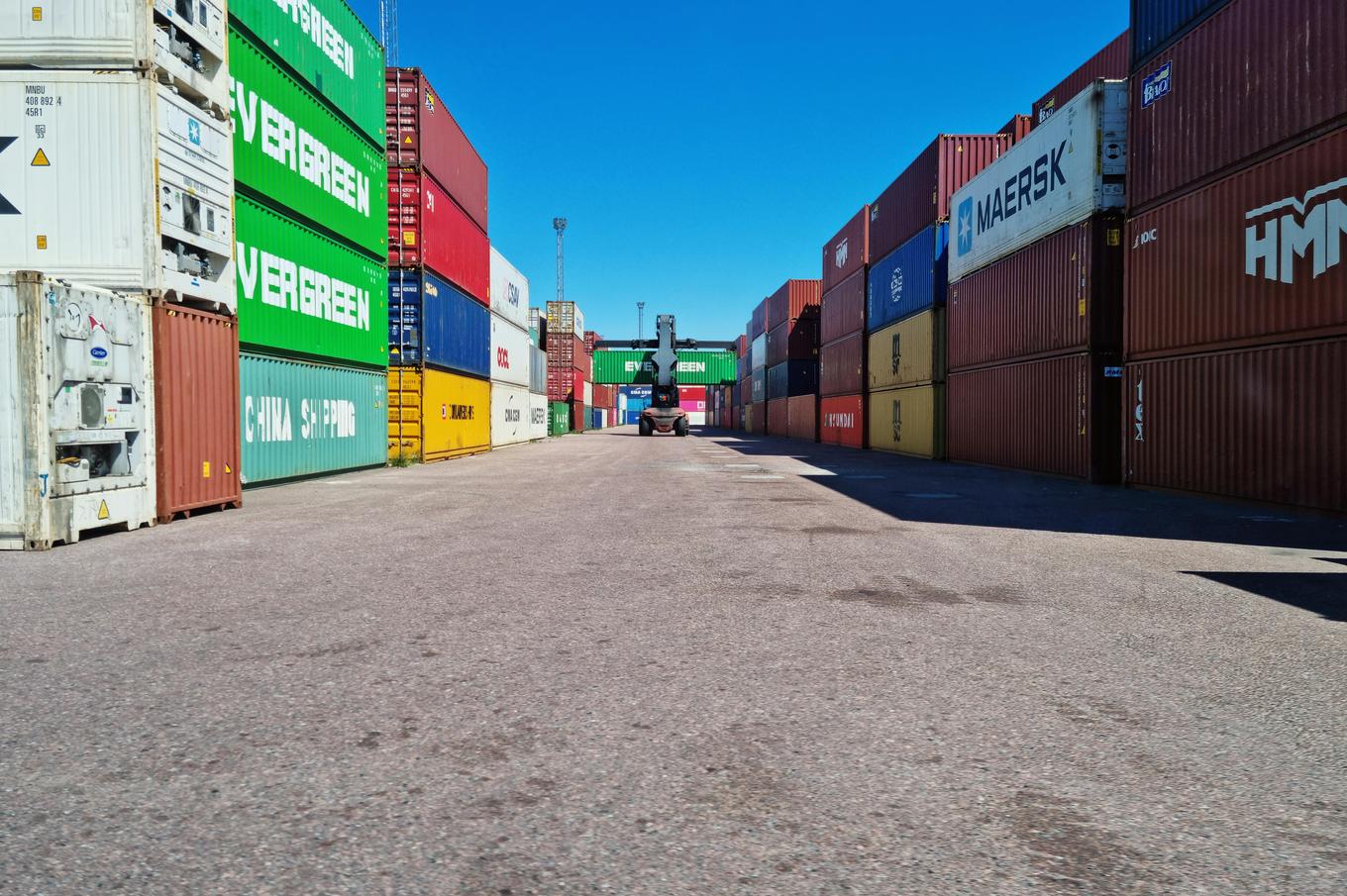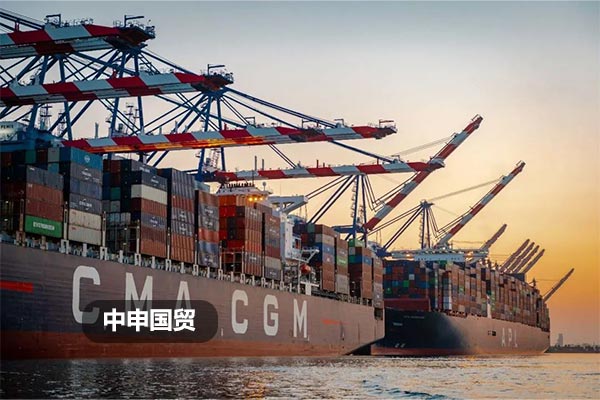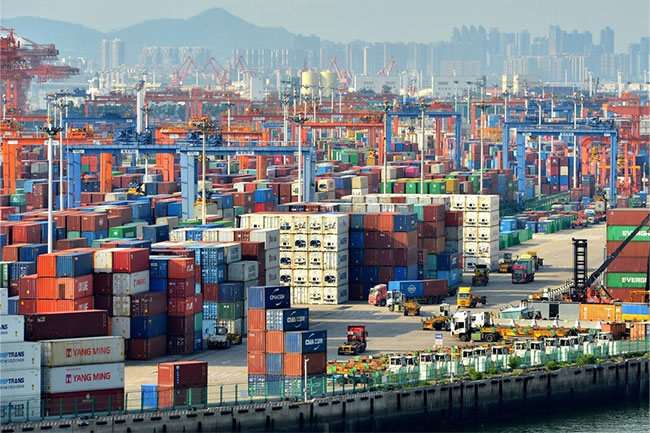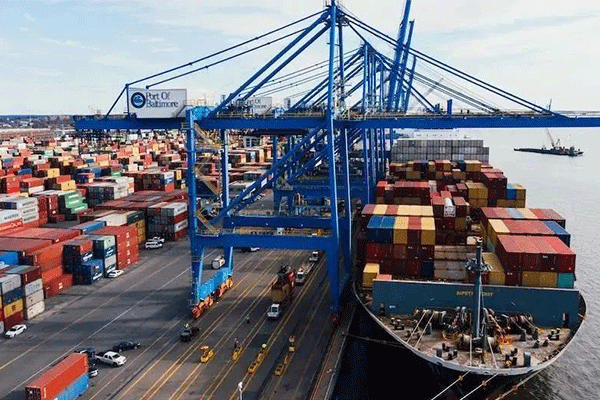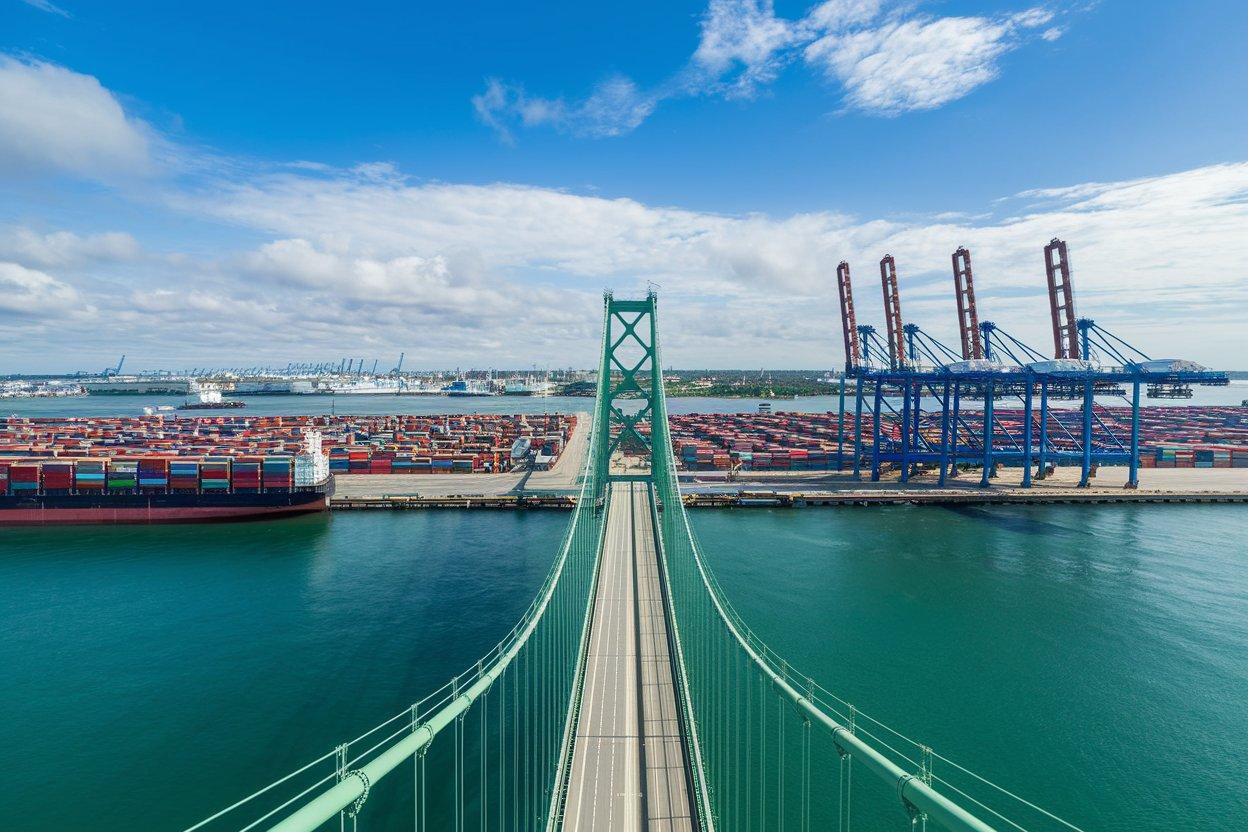- Shanghai Zhongshen International Trade Co., Ltd. - Two decades of trade agency expertise.
- Service Hotline: 139 1787 2118
On July 6, 2023, the UK issued the new 2023Cosmetics & Personal Care(Regulation on the Restriction of Chemical Substances), which has revised the "List of Restricted Substances in Cosmetics" (Appendix 3) and the "List of Permitted UV Filters in Cosmetics" (Appendix 6).
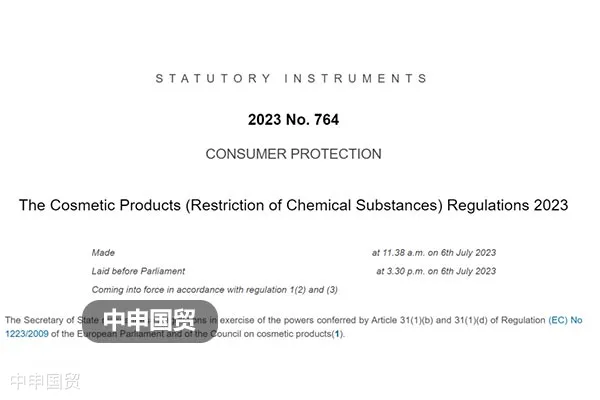
Contents
ToggleBackground of UK Cosmetic Regulations
After the UK concluded its Brexit transition period on January 1, 2021, although it still adopted the EU Cosmetics Regulation (EC) No 1223/2009 for cosmetic supervision, the regulatory updates are no longer synchronized with the EU, now referred to as the "UK Cosmetics Regulation." This set of regulations applies to England, Wales, and Scotland, while cosmetics in Northern Ireland remain under the control of the EU Cosmetics Regulation. Therefore, companies exporting to the UK need to pay attention to the differences in regulations based on the destination and take corresponding measures accordingly.
This Amendment Content
Amendment of restricted substances
The regulation adds the following substances to the "List of Restricted Cosmetic Ingredients" (Appendix 3):
Amendment of restricted substances
| Common ingredient name | Methyl-N-methylanthranilate Methyl o-aminobenzoate |
| CAS number | 85-91-6 |
| EC number | 201-642-6 |
| Product Type | (a) Leave-on products (b) Rinse-off products |
| Maximum concentration | (a) 0.1% (b) 0.2% |
| Others | For (a) only: Not to be used in sunscreen products and products exposed to natural or artificial UV light. For both (a) and (b): - Do not use with nitrosating agents; - Maximum nitrosamine content: 50μg/kg; - Store in containers free of nitrites |
| Transitional requirements | Effective from July 6, 2024. Cosmetics placed on the market before the effective date may continue to be sold until July 6, 2026. |
Revision of the UV filter list
The regulation adds the following substances to the "List of Permitted UV Filters in Cosmetic Products" (Appendix 6):
Revision of UV filter list - non-nano
| Common ingredient name | 1,1’-(1,4-piperazinediyl)bis[1-[2-[4-(diethylamino)-2-hydroxybenzoyl]phenyl]-methanone 1,1'-(1,4-Piperazinediyl)bis[1-[2-[4-(diethylamino)-2-hydroxybenzoyl]phenyl]-methanone |
| Common ingredient name | HAA299 (non-nano) |
| CAS number | 919803-06-8 |
| EC number | 485-100-6 |
| Maximum concentration | 10% |
| Others | When using both HAA299 (non-nano) and HAA299 (nano) ingredients, the total content shall not exceed 10%. |
| Effective date | July 27, 2023 |
Revision of UV filter list - nano
| Common ingredient name | 1,1’-(1,4-piperazinediyl)bis[1-[2-[4-(diethylamino)-2-hydroxybenzoyl]phenyl]-methanone 1,1'-(1,4-Piperazinediyl)bis[1-[2-[4-(diethylamino)-2-hydroxybenzoyl]phenyl]-methanone |
| Common ingredient name | HAA299 (nanometer) |
| CAS number | 919803-06-8 |
| EC number | 485-100-6 |
| Maximum concentration | 10% |
| Others | Only nanomaterials with the following characteristics are permitted: - Purity ≥97%, - Median particle size ≥50nm. Not to be used in applications that may lead to lung exposure through consumer inhalation. When using both HAA299 (non-nano) and HAA299 (nano) ingredients, the total content shall not exceed 10%. |
| Effective date | July 27, 2023 |
The UKs regulatory amendments primarily reference the assessment opinions of the EU Scientific Committee on Consumer Safety and the amendments to the (EC) No 1223/2009 Cosmetic Regulation.
Previously, the EU had implemented identical regulatory updates for the aforementioned substances, with relevant details as follows:
1. Methyl-N-methylanthranilate has been added to the "List of Restricted Substances in Cosmetics." This change took effect on January 21, 2022. From August 21, 2022, products containing this substance that do not meet the relevant conditions may not be placed on the EU market, and from November 21, 2022, they may no longer be sold on the EU market.
2. The "List of Sunscreen Agents Permitted for Use in Cosmetics" has been updated to include HAA299 (non-nano) and HAA299 (nano). This change took effect on November 30, 2022.
Related Recommendations
Category case
Get in Touch
Email: service@sh-zhongshen.com
Related Recommendations
Contact via WeChat

? 2025. All Rights Reserved. Shanghai ICP No. 2023007705-2  PSB Record: Shanghai No.31011502009912
PSB Record: Shanghai No.31011502009912
